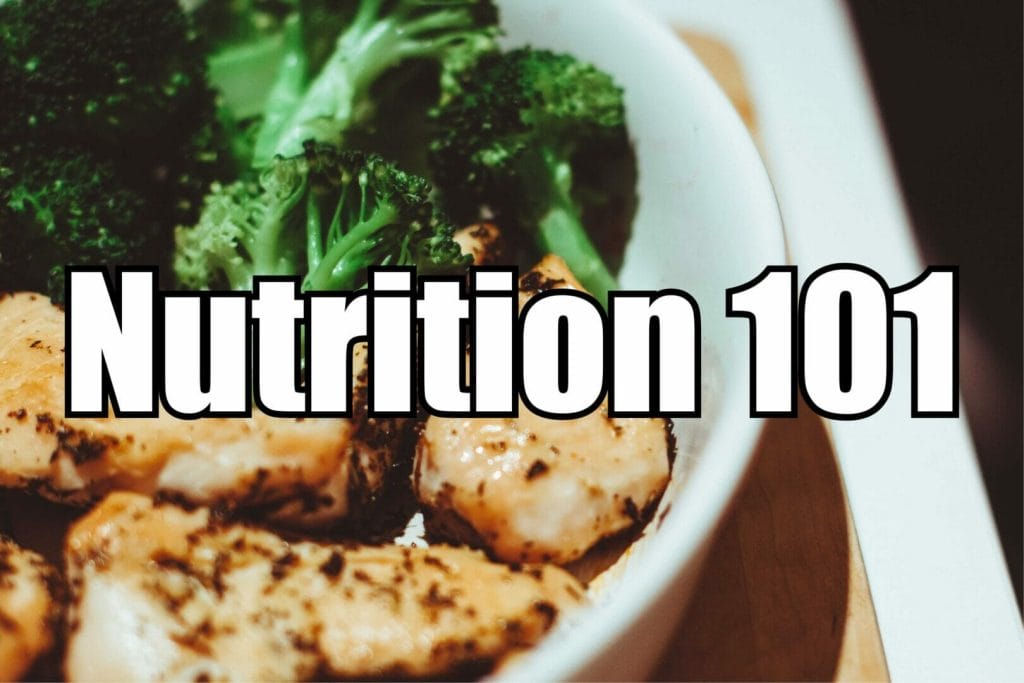Embarking on a fitness journey isn’t solely about what you do in the gym—it’s also about what you eat. Proper nutrition plays a critical role in reaching your goals, whether they involve losing weight, gaining muscle, or boosting overall health. Let’s dive into the basics of nutrition and how to make it work for your fitness success.
Understanding the Role of Macronutrients
The term “macronutrients” or “macros” refers to the three primary types of nutrients our bodies need in large amounts: carbohydrates, proteins, and fats. These are the building blocks of nutrition that provide us with energy and support essential body functions.
- Carbohydrates: Carbs are actually your body’s preferred source of energy. They are especially important if you’re engaged in high-intensity workouts, like CrossFit. Choose complex carbs like whole grains, fruits, and vegetables for sustained energy.
- Proteins: Essential for muscle repair and growth, proteins should be a core part of any fitness-focused diet. High-quality protein sources include lean meats, fish, eggs, and plant-based options like beans and lentils.
- Fats: Healthy fats are crucial for various bodily functions, including nutrient absorption and hormone production. Shoot for sources of unsaturated fats, like avocados, nuts, and seeds.
Balancing Your Diet for Fitness Goals
Achieving your health and fitness goals often involves making changes to your diet. While there’s no one-size-fits-all approach, certain principles apply across the board. Here’s how to adjust your diet for weight loss, muscle gain, and overall health.
Learn more about managing your caloric intake here.
Weight Loss
The foundation of weight loss is creating a caloric deficit, meaning you consume fewer calories than your body burns. However, this doesn’t always mean cutting calories or eating less. I’ve found that most of the time it just takes a rebalancing of what we eat.
- Focus on Whole Foods: Choose whole grains, lean proteins, fruits, vegetables, and healthy fats. These foods are generally lower in calories but high in nutrients, making them a satisfying and healthier choice.
- Eat More Protein: Protein has a lower caloric footprint, because your body has to work a little harder to absorb it. On top of that, your body needs plenty of protein to make sure that your muscles and the rest of your body has the building blocks it needs to function.
- Reduce/Remove Processed Foods: I’m referring to ultra-processed foods here. This includes most fast food, frozen meals, and packaged foods. The reason that processed foods don’t benefit weight loss is that they remove many of the nutrients your body needs while adding a ton of extra calories that we don’t need.
- Cut Out Added Sugars: Extra sugar in our diet doesn’t do us any favors. It’s best to remove as much of it as possible.
- Stay Hydrated: Sometimes, we mistake thirst for hunger. Make sure you’re drinking enough water throughout the day.
Muscle Gain
Building muscle requires a combination of resistance training and a surplus of calories, specifically protein. The additional protein helps repair and build muscle tissue that’s broken down during exercise.
- Increase Your Protein Intake: Aim to include a source of protein in every meal. This can be lean meats, fish, eggs, dairy, or plant-based alternatives like beans, lentils, and soy.
- Eat Enough Carbohydrates: Carbs provide the energy needed for your workouts. Whole grains, fruits, and vegetables are excellent sources.
- Don’t Forget About Fat: Healthy fats play a crucial role in hormone production, including those involved in muscle growth. Avocado, nuts, seeds, and fatty fish are good options.
Overall Health
Regardless of specific goals, everyone can benefit from a diet that promotes overall health.
- Balance Your Plate: A balanced meal includes a variety of food groups. Try to include protein, carbs, and fat in each meal.
- Limit Processed Foods: Processed foods can be high in unhealthy fats, sugar, and sodium. Try to limit your intake of these and opt for whole foods instead.
- Eat a Variety of Foods: Different foods provide different nutrients. Eating a variety can help ensure you’re getting a wide range of essential vitamins and minerals.
Remember, making dietary changes should be done progressively and in a manner that supports your lifestyle and preferences. It’s not about perfection but making better choices more often. Consult with a registered dietitian or nutritionist if you need more personalized advice.



